Do Fermented Foods Help With Weight Loss?
By Bill Bradley, R.D.
Updated January 29, 2022
Every few years a new food trend comes along that lights up the social media world. Even though fermented foods have been around for thousands of years, the last few years has seen a resurgence of interest in these probiotic rich foods, in large part because of research that has been done on the importance of a healthy gut microbiome. Studies have shown that improving the gut microbiome can reduce inflammation, increase immunity, improve mental health, reduce symptoms of inflammatory bowel disease and may even reduce the risk of cancer and possibly heart disease. But what about weight loss?
Will Eating Fermented Foods Help With Weight Loss?
To answer this question we must begin with our gut and the trillions of bacteria that reside there. For years, Naturopathic Physicians and alternative nutritionists have been touting the importance of good gut health, but it hasn’t been until recently that a slew of research has made the gut microbiome a mainstream concept. More and more studies are coming out about how the gut microbiome affects our weight. An out of balance gut microbiome has been shown to increase risk of obesity for a number of reasons.

How an out of balance gut microbiome leads to weight gain and difficulty losing weight.
Your gut affects everything from brain health to heart disease and cancer. It also can make a big difference in weight loss, weight gain and maintenance. Here are just a few ways that an out of balance gut microbiome can affect your weight.
- Decreased metabolism – 10-15% of your daily calories are used digesting your food. When your gut is out of balance (dysbiosis), you actually burn less calories because you are not completely digesting your food.
- Increased hunger – Recent studies are showing that our gut tells our brain whether we should eat more food or stop eating. It also may be responsible for letting our brain know that we are full. In effect, our gut microbiome may be what is keeping us from losing weight and keeping it off.
- Increased Inflammation – With weight gain comes inflammation. Increased inflammation increases insulin resistance which decreases your ability to lose weight. Improving your gut microbiome will decrease both inflammation and insulin restistance making it easier to lose weight.
- Decreased butyrate – Butyrate is a molecule produced by a healthy gut microbiome. Butyrate reduces risk of being overweight in many ways including increasing fat oxidation and decreasing inflammation.
What foods create a healthy gut microbiome?
Fermented foods are only part of the the healthy gut story. What you eat and don’t eat are super important, but so is exercise, sleep and avoiding antibiotics if possible. A diet high in ultra processed foods and low in fiber will wreak havoc on your gut while eating a diverse plant based diet such as the Mediterranean diet will help your gut to heal. It will also make it easier to lose weight naturally.
- Eat Fermented foods
- Stop eating ultra-processed foods
- Eat a diversity of fruits and vegetables (Up to 30 per week)
- Eat a high fiber diet – Beans, vegetables, fruits, whole grains
- Eat a diet low in animal fats and protein
- Eat a plant-based Mediterranean Diet
- Eat prebiotic foods
- Eat probiotics and possibly take a probiotic supplement
Other ways to keep your gut healthy
- Exercise
- Get enough sleep
- Stop smoking
- Do something to help your stress levels
- Avoid taking antibiotics when possible
What are Fermented Foods?
Fermented foods are “defined as foods or beverages produced through controlled microbial growth, and the conversion of food components through enzymatic action.” Fermented foods are usually created in a controlled environment over a period of time (days to weeks to months or even years). While you can purchase fermented foods at many stores, you can also make your own probiotic rich fermented foods at home, thereby saving a significant amount of money.
Why are Fermented Foods Good For You?
In other words, they are foods or beverages that have been transformed into high probiotic foods that are also rich in antioxidants. Fermented foods also decrease the FODMAP of foods which is beneficial for those on a FODMAP diet and they have specific benefits for diabetics as well.
Who Should Not Eat Fermented Foods.
While fermented foods are generally very good for most people, there are some that can have negative effects from eating them. Because they can have a minimally increased risk of food safety issues, they are contraindicated for anyone who is pregnant, immunocompromised or under 1 year of age. You will need to use your own judgment on this and decide what works and doesn’t. For example, I don’t know many women who don’t eat yogurt when pregnant, but maybe you should stay away from someone else’s homemade kimchi. Fermented products can also create histamines if this is a problem for you. The jury is still out about taking fermented foods while taking antibiotics. The most common side effect from eating probiotic foods is bloating and gas. This can often be your gut getting used to the new organisms you are giving it. Usually, this will pass (no pun intended) over time.
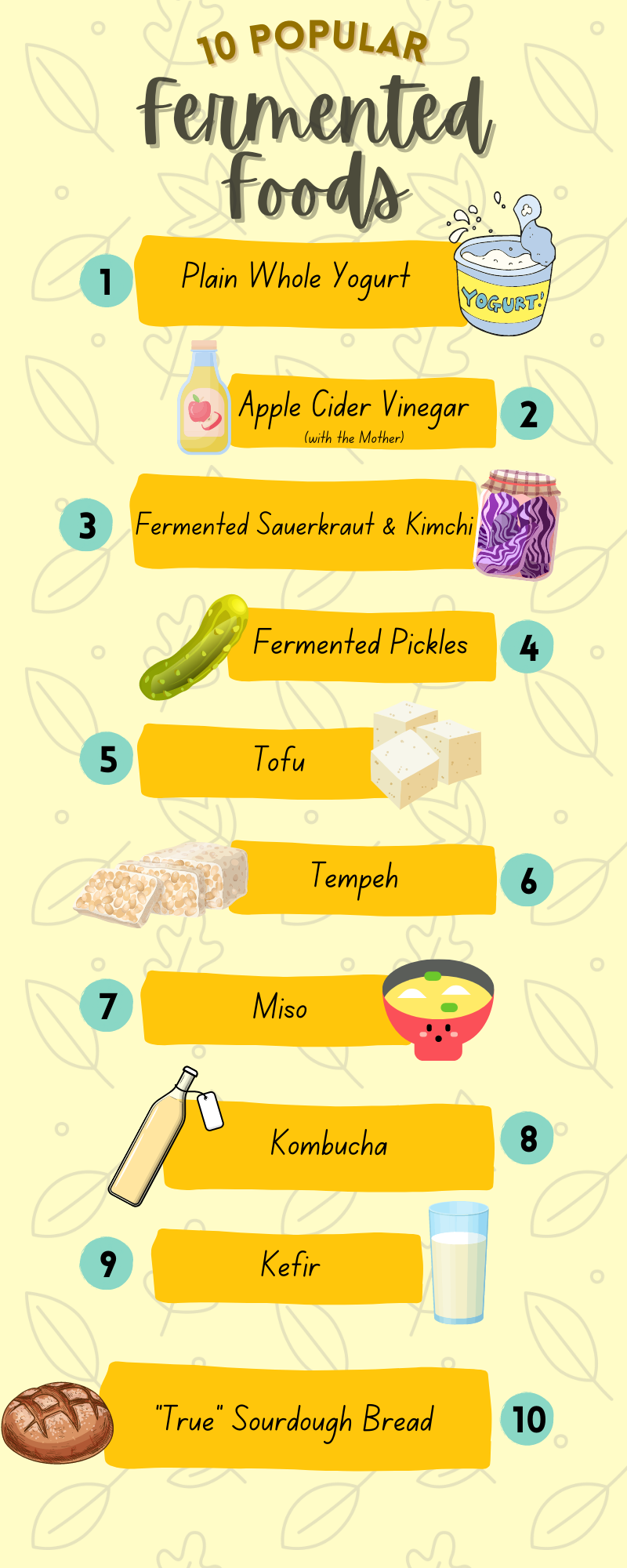
What Foods are Fermented.
Yogurt – Best yogurt for weight loss is plain whole fat yogurt.
Apple Cider Vinegar with the Mother
Fermented Sauerkraut
Kim Chi – Click here for a Kim Chi weight loss study
Fermented Pickles
Tofu
Tempeh
Miso
Kombucha
Kefir
“True” sourdough bread
Natto
Cottage cheese with active cultures
Where to Buy Fermented foods.
You can buy fermented foods these days at most supermarkets, but the trick is to make sure that you are really getting something that is fermented. For example, most of the sauerkraut and pickles you get in most supermarkets are NOT fermented. The best way to know if they are fermented is that they will usually say something like “raw and fermented” or “barrel fermented”. Most yogurt is fermented and full of probiotics, but you will want to eat plain and stay away from sugary chemically yogurts that will just counteract the benefits of yogurt’s probiotics. If you have a hard time finding any of the products listed above you can always order them on-line. You will want to make sure that they come in some kind of insulated, cooled packing so that they will retain their healthy probiotic qualities.
How to Make Fermented Foods.
If you are feeling more adventurous you can always make your own fermented foods. I LOVE doing this. We have made our own sauerkraut, kombucha, pickles as well as trying fermented breads like dosa and injera. My wife made our first sauerkraut in a ginormous ceramic crock that I bought at a tag sale for $10. It was way too big for the amount of sauerkraut she was making and it would often get a lot of mold on top. I would highly recommend the Easy Fermenter kits. These kits come with special tops and glass weights. All you need is some wide mouth mason jars, salt and whatever it is you want to ferment. These have revolutionized our fermenting and make it super easy to make our own sauerkraut, pickles and other fermented vegetables.
Fermented Foods Recipes
Deep Sea Purple Kraut (Homemade Sauerkraut)
Watching this magical kraut ferment is like watching the ocean — only the dance of change happens right on your kitchen counter. As lactic acid bacteria break down the fibers, starches, and sugars in the cabbage and seaweed, they create new nutrients (vitamins and probiotics) and new colors. Ever-changing and alive, the kraut feeds not just our body but our perspective.
Italian Giardiniera
Leek and potato fritters are one of my favorite appetizers from the Mediterranean Diet. The oniony flavor of the leeks goes amazing with fresh dill and parsley. I love dipping these in homemade tzatziki, or thick Greek yogurt. All the flavors are enhanced by frying these fritters in Cretan extra virgin olive oil.








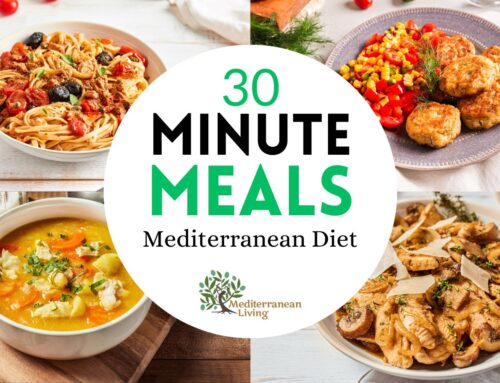
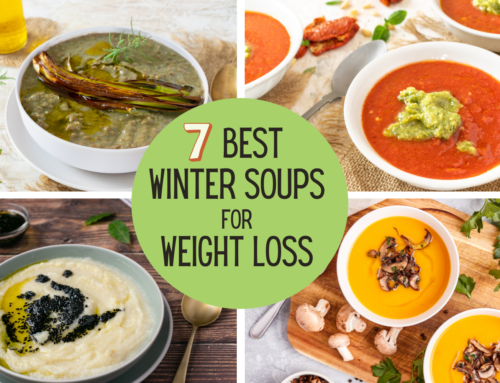
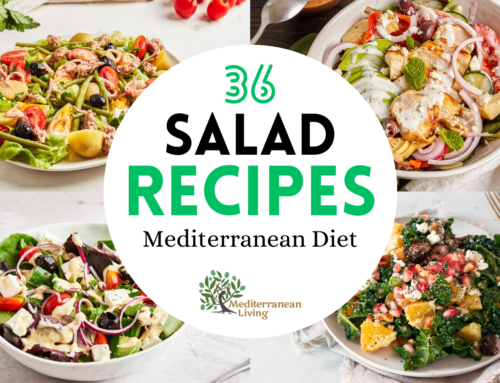
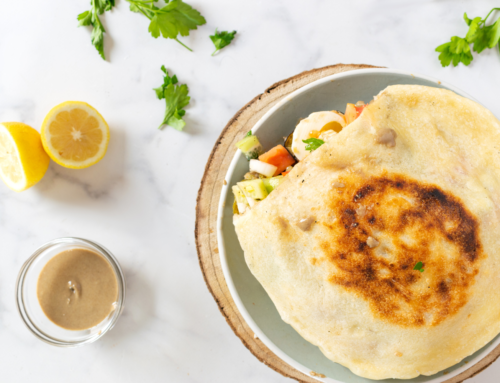
Bill Bradley, R.D. says:
Bill Bradley, R.D. says:
Bill Bradley, R.D. says: